Optimal Timing for Demolition Projects
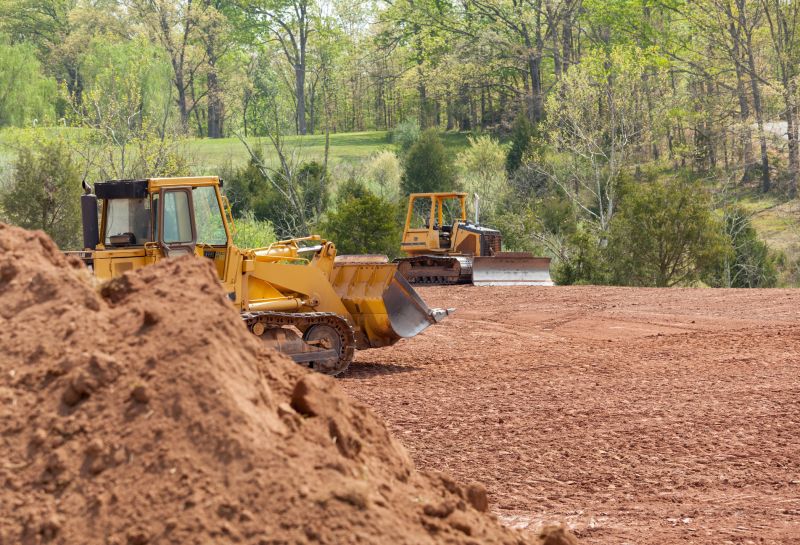
Proper planning and preparation are essential for efficient demolition projects.

Optimal weather, avoiding extreme heat or rain, can impact demolition schedules.
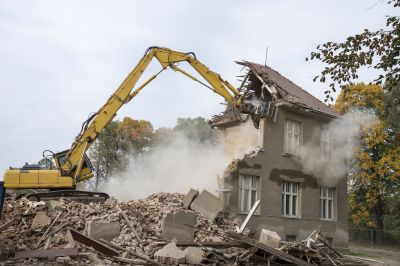
Timing often depends on obtaining necessary permits and adhering to local regulations.
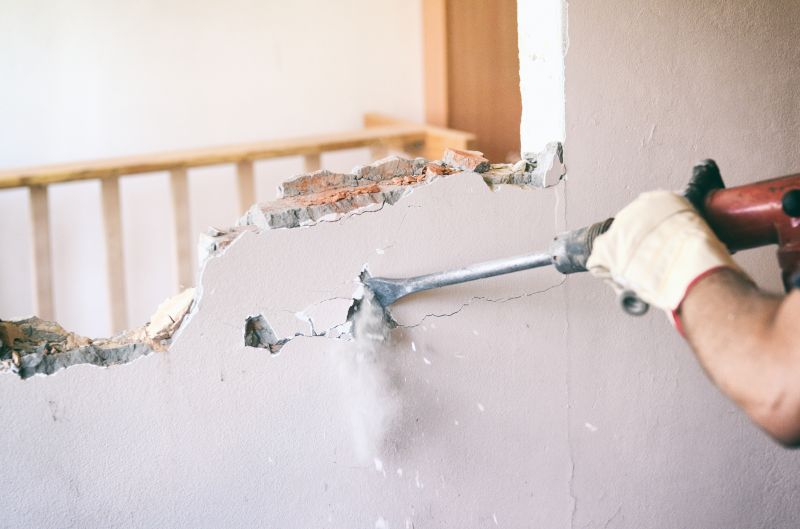
Ways to make Demolition Service work in tight or awkward layouts.
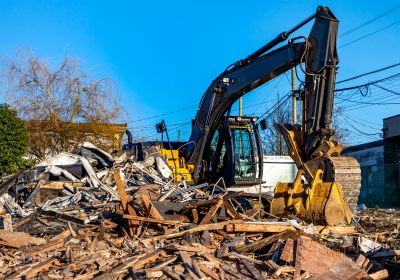
Popular materials for Demolition Service and why they hold up over time.
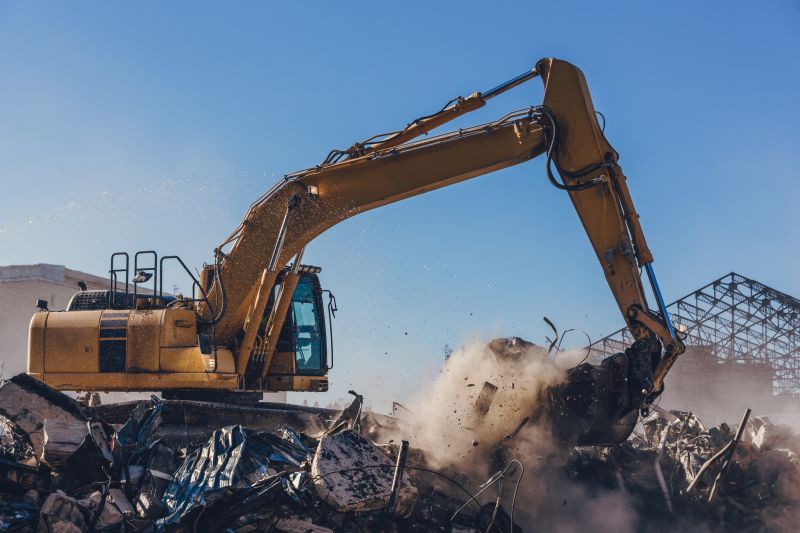
Simple add-ons that improve Demolition Service without blowing the budget.
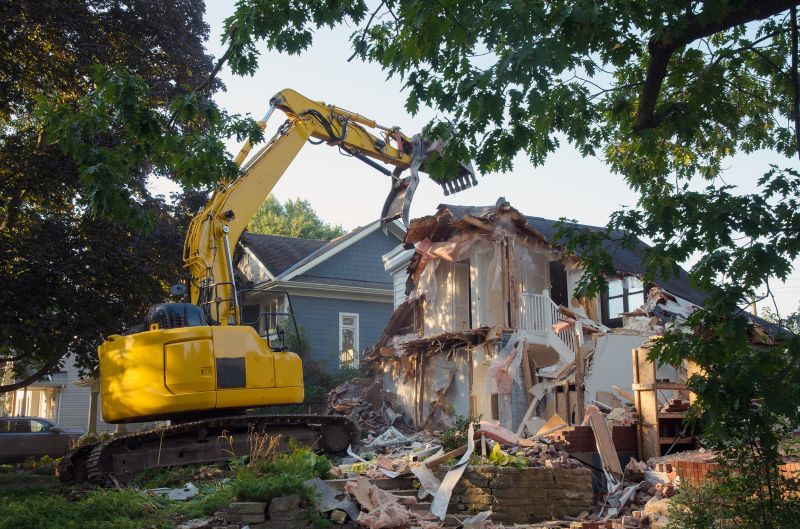
High-end options that actually feel worth it for Demolition Service.

Finishes and colors that play nicely with Demolition Service.
Demolition services are crucial for clearing space for new construction, renovations, or land development. The timing of demolition projects can influence safety, cost, and efficiency. Factors such as weather, permit acquisition, and project scope determine the ideal window for execution.
Spring and fall often provide moderate weather conditions suitable for demolition work.
Demolition should commence once planning, permits, and utilities disconnection are complete.
Avoiding periods of high humidity or extreme temperatures can prevent delays and hazards.
Scheduling during times of low activity minimizes disruption to surrounding areas.
Understanding the optimal timing for demolition involves assessing multiple factors to ensure safety, compliance, and efficiency. Proper scheduling can help avoid delays caused by weather, permit issues, or community restrictions. Planning ahead and coordinating with local authorities can facilitate a smoother process.
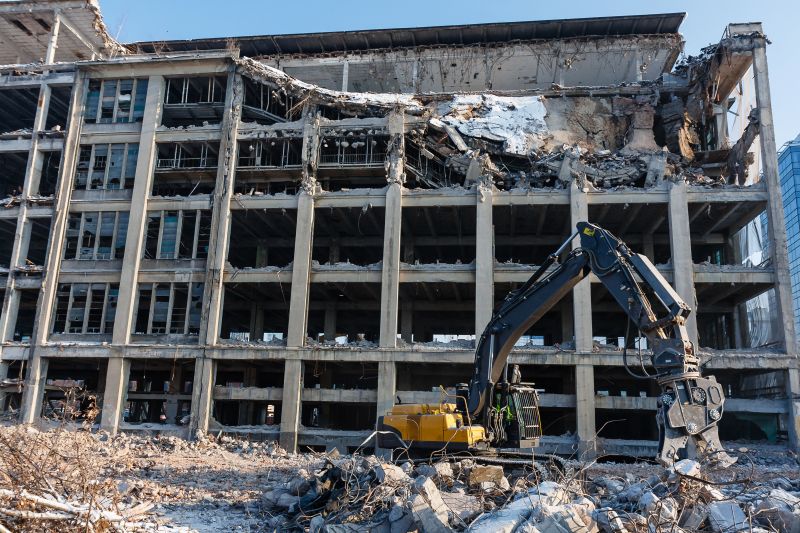
Heavy machinery is used for efficient and safe demolition operations.

Post-demolition site clearing prepares the area for future development.

Implementing safety protocols minimizes risks during demolition activities.

Proper disposal of debris is essential for environmental and safety compliance.

Little measurements that prevent headaches on Demolition Service day.

A 60-second routine that keeps Demolition Service looking new.

A frequent mistake in Demolition Service and how to dodge it.

Small tweaks to make Demolition Service safer and easier to use.
| Factor | Impact on Timing |
|---|---|
| Weather Conditions | Extreme heat, rain, or snow can delay work. |
| Permit Acquisition | Delays in permits can postpone scheduled demolition. |
| Utility Disconnections | Ensuring utilities are disconnected is necessary before demolition. |
| Community Restrictions | Local noise ordinances may restrict work hours. |
| Project Scope | Larger projects require more detailed planning and timing. |
| Seasonal Factors | Spring and fall often offer more favorable conditions. |
| Contractor Availability | Scheduling depends on contractor workload and availability. |
Timing demolition services effectively requires coordination of weather, permits, and project readiness. Proper planning ensures safety, minimizes disruptions, and maintains project schedules. Consulting with professionals can help identify the best window for demolition activities.

Detailed planning helps optimize scheduling and resource allocation.

Implementing safety protocols is vital for successful demolition.

Proper waste management and site cleanup are integral parts of the process.

Preparing the cleared site for future construction or landscaping.
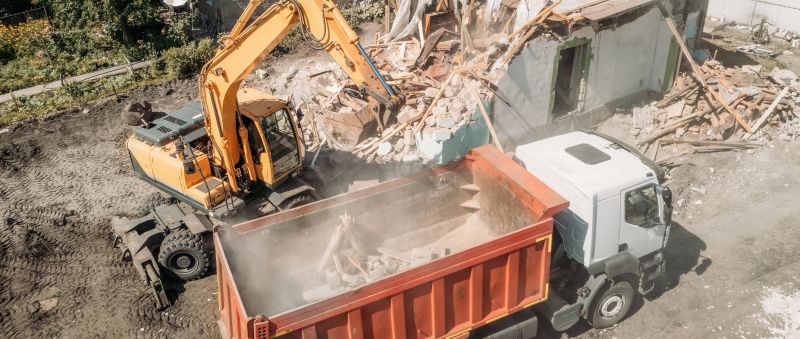
Lower-waste or water-saving choices for Demolition Service.

The short, realistic tool list for quality Demolition Service.
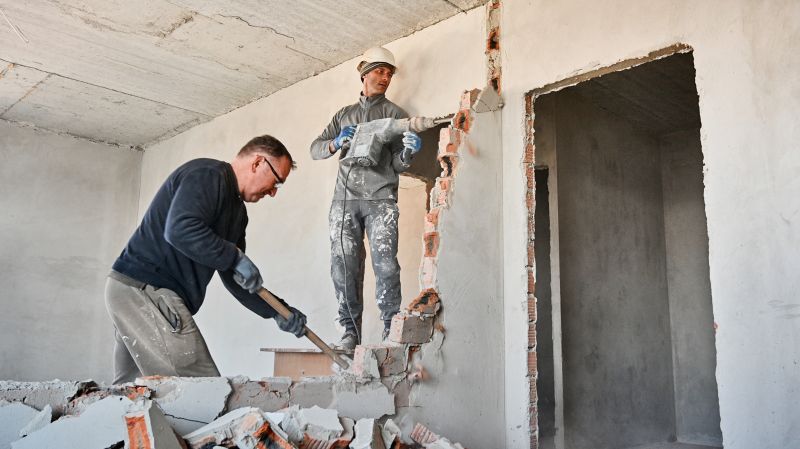
Rough timing from prep to clean-up for Demolition Service.
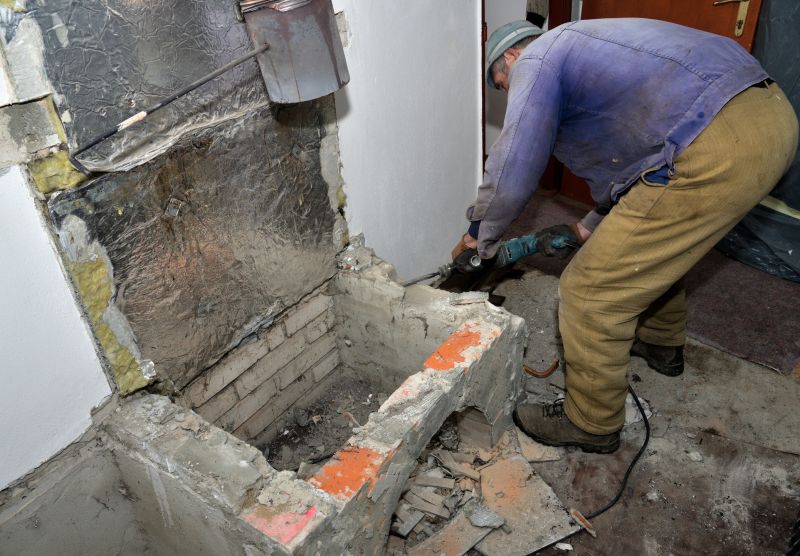
Quick checks and paperwork to keep after Demolition Service.
Choosing the right time for demolition involves assessing multiple factors to ensure a smooth process. Proper scheduling minimizes risks, controls costs, and aligns with project timelines. Consulting experienced demolition professionals can provide valuable guidance for optimal timing.
Fill out the contact form to get more information about scheduling and services.

